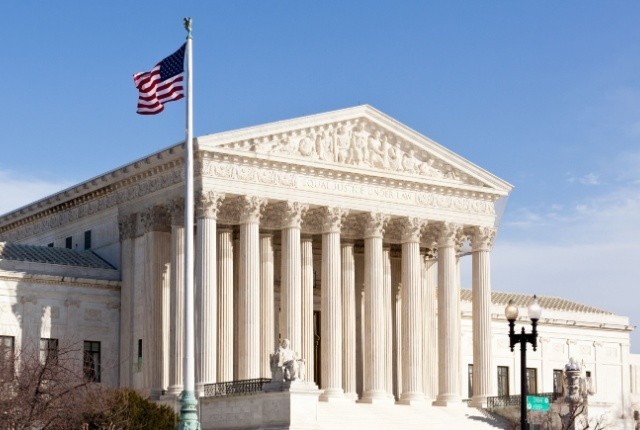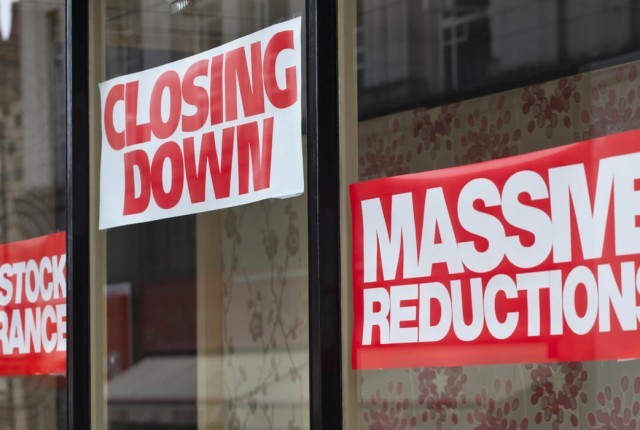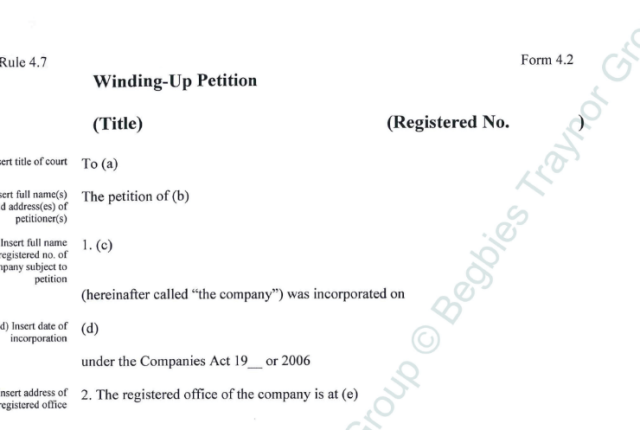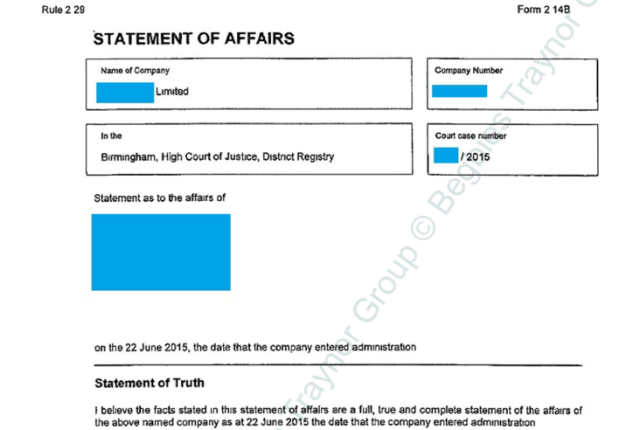Articles Hub
The latest insights and trending topics from Begbies Traynor Group
Latest Articles
Closure Options
Common HMRC and Debt Enforcement Letters
Covid 19 Coronavirus

18/06/2021
Read MoreI cannot pay my Bounce Back Loan – What options do I have?

14/01/2021
Read MoreWhat happens to my CBILS loan during liquidation or administration?

11/12/2020
Read MoreWhat happens to my bounce back loan during liquidation or administration?
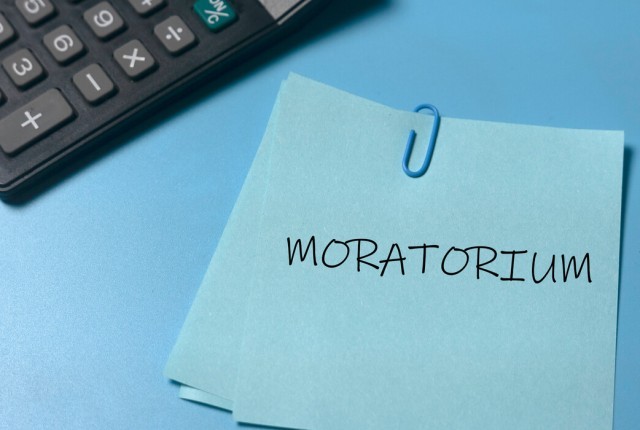
11/01/2021
Read MoreMoratorium on Statutory Demands and Winding Up Petitions Extended by Government
Director Advice
Finance
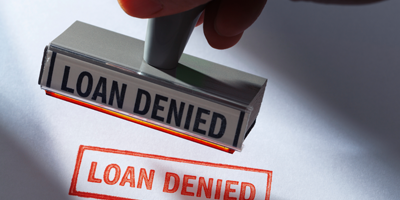
21/03/2020
Read MoreOptions When your Company is Refused Finance

06/03/2024
Read MoreDoes my personal credit score matter when applying for credit for my business?

05/03/2020
Read MoreWhat is an Independent Business Review?

01/03/2020
Read MoreWhat is the difference between a fixed and floating charge?
Insolvency
Personal Insolvency

20/03/2020
Read MoreWhat is an insolvent estate?

29/01/2020
Read MoreIndividual voluntary arrangement (IVA) vs other personal debt programmes

15/01/2020
Read MoreWhat is a creditor petition for bankruptcy?

06/01/2020
Read MoreWhat happens to my husband’s / wife’s / partner’s debts when they die?
Rescue Options

18/10/2023
Read MoreWhat does it mean when a company is a going concern?
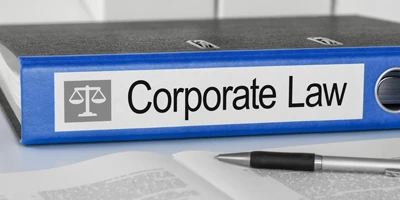
08/11/2023
Read MoreAdvantages & Disadvantages of a Pre-Pack Administration

29/03/2020
Read MoreThe Company Voluntary Arrangement Process – How does it work?

10/11/2023
Read MoreWhat happens to a business when it is sold out of administration?
Tax

20/02/2023
Read MoreWhat happens if my Time to Pay Arrangement fails or is breached?

19/02/2023
Read MoreAdvice for directors with PAYE and VAT arrears

02/02/2023
Read MoreMy company owes HMRC corporation tax and VAT but I cannot afford the payment request

10/11/2023
Read MoreWhat happens if I cannot pay the VAT?

